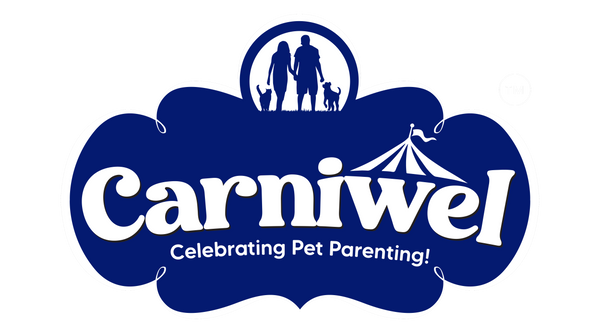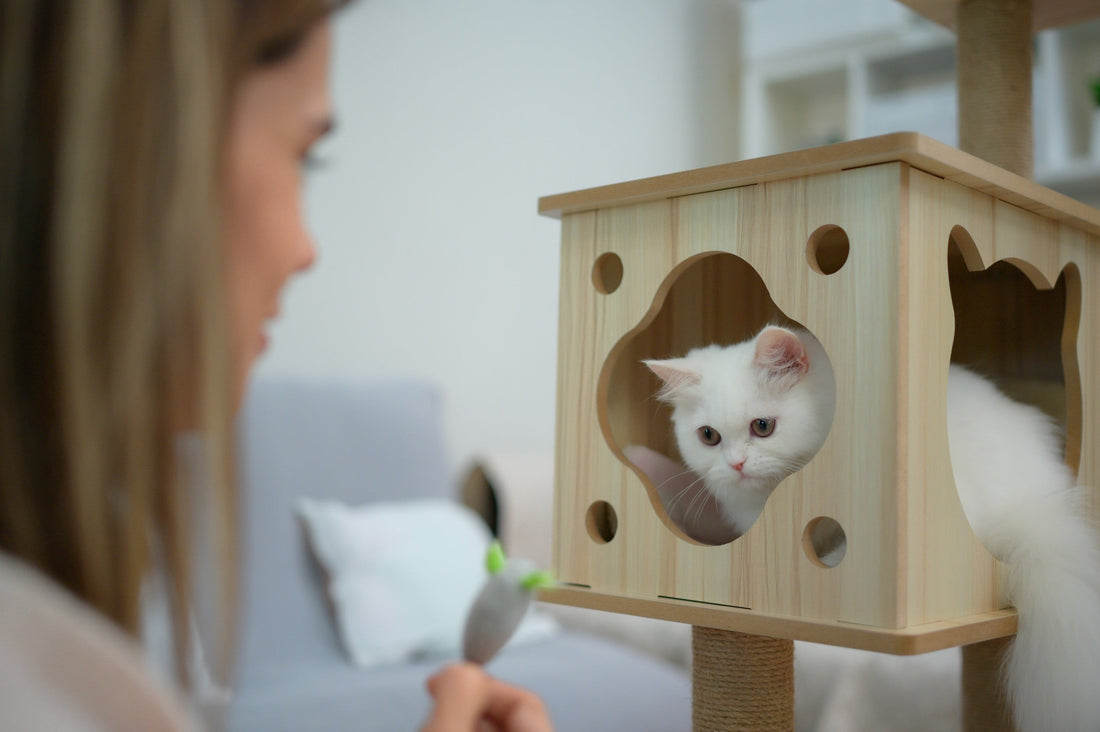Bringing home a cat is always special—it fills your home with love, purrs, and playful chaos. But when it comes to Persian cats, there’s something extra unique about their regal look, flowing coat, and gentle personality. If you’re planning to become a Persian cat parent, you need to know that their beauty comes with responsibility.
This guide covers everything about Persian cat care, grooming, health, and nutrition, so you can be fully prepared before welcoming one into your family.
Why do Persian Cats need special care?
Persians are longhaired, flat-faced (brachycephalic) cats. While they’re affectionate and calm, their coat, face structure, and overall health needs make them different from other breeds. Parenting a Persian cat means committing time, money, and effort to ensure they live a healthy, happy life.
1. Take time out for your Persian
One of the biggest parts of Persian cat care is coat maintenance. Their long fur is prone to tangles and mats.
- Daily brushing keeps their coat smooth, shiny, and free of knots.
- Use wide-tooth combs and brushes designed for longhaired cats.
- Dedicate at least 15–20 minutes each day to grooming—it’s essential, not optional.
2. Professional Grooming Needs
Along with daily brushing, most Persian cats need professional grooming every 1–2 months. Groomers help with mat removal, sanitary trims, and overall coat health. This is a great way to add value to the care routines you already carry out at home.
Did you know?
The most important feature of a Persian Cat is their fur. Make sure to give your’s cat food that contain Omega 3s that are easy to digest and absorb. This will help take some weight off your shoulders for coat care!
3. Care for your Persians better
Persians are brachycephalic cats, meaning they have flat faces. While adorable, it can lead to:
- Breathing issues. It is common to hear Persian cats snoring, wheezing or developing breathing issues,
- Excessive tear staining. Ideally, clean your cat’s eyes at least once a day.
- Heat sensitivity. Due to their long fur, Persian cats can have a hard time adjusting to heat. Make sure your cat is well hydrated, especially in summer. Never remove their fur entirely
4. Space and Living Environment
Persians are indoor cats, they don’t do well outdoors due to their coat and temperament. Make sure to give them enough space to play and rest indoors,
- Provide quiet spaces for them to relax. This is especially important to help the feel safe in your home.
- Avoid stressful, noisy environments.
- Cat-proof your home for safety.
5. Budgeting for a Persian Cat
- Keep your Persian cat flourishing both inside and outside with cat food specially formulated for your Persian cat. Carniwel’s Premium Persian cat food is packed with Omega 3 Fatty acids, Proteins, Taurine and other essential nutrients. The kibble shape is customised to fit the needs of a Persian. Flat-faced cats require food designed to be easy for them to pick up.
- Regular vet visits & vaccinations are important for any cat. Persian cats and kittens require regular check ups so that you can stay on top of any health issue they are vulnerable to.
- Persian cat care especially grooming, requires a special comb to peet their fur combed. Aside from this, you need tools to keep your cat’s nails trimmed and teeth clean. Also budget for a professional groomer that you can visit once every month.
6. Best Food for Persian Cats
Nutrition plays a huge role in Persian cat care. Because of their flat faces, they often need breed-specific kibble shapes that are easier to pick up and chew. Look for foods that are:
- High in Omega-3 fatty acids → supports coat and skin health
- Rich in taurine → vital for heart and eye function
- Made with high-quality proteins → keep muscles strong and lean
Persians are loving, elegant, and loyal companions. But they aren’t low-maintenance cats—you must be prepared for daily grooming, health monitoring, and proper nutrition. If you’re ready to dedicate the time and resources, your Persian cat will reward you with years of affection and companionship.
Are Persian cats active?
Persians are a gentle and loving breed. They are patient and prefer calm environments. Persians tend to have short bursts of activity rather than prolonged periods of excitement. They adapt easily to households with other cats or children. Some Persians can be good lap cats too.
What is the best food for Persian cats?
High-protein cat food with Omega-3 fatty acids and taurine, preferably breed-specific kibble. Carniwel’s cat and kitten food for persian cats offers your Persian cat and kitten healthy nutrition for premium and fresh ingredients so that careing for your Persian is a celebration.
Do Persian cats shed a lot?
Yes. Daily brushing helps reduce shedding and prevents mats.
Can Persian cats live in apartments?
Absolutely. They adapt well to indoor living but need calm, quiet spaces.



 https://carniwel.com/pages/about-us
https://carniwel.com/pages/about-us


